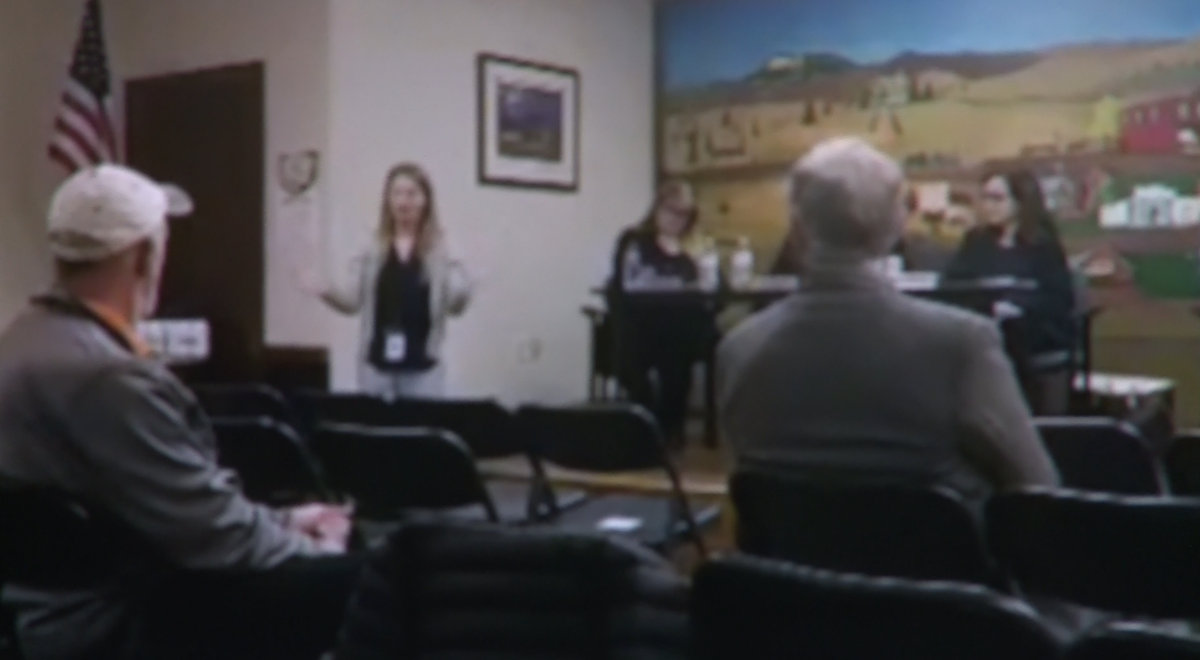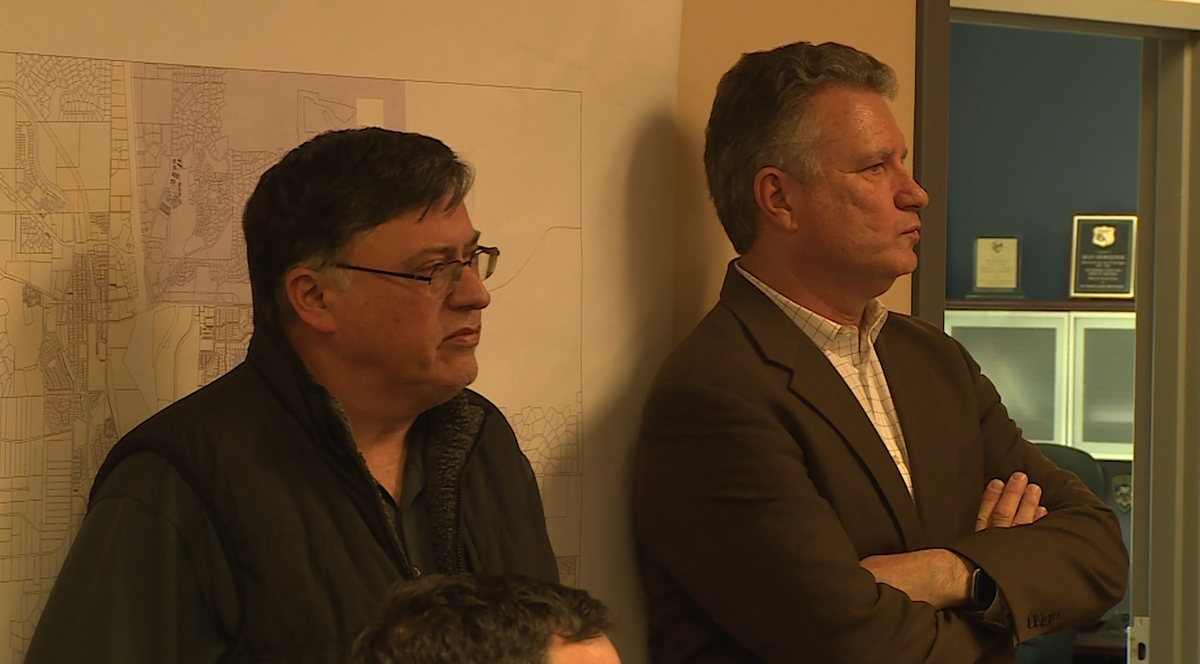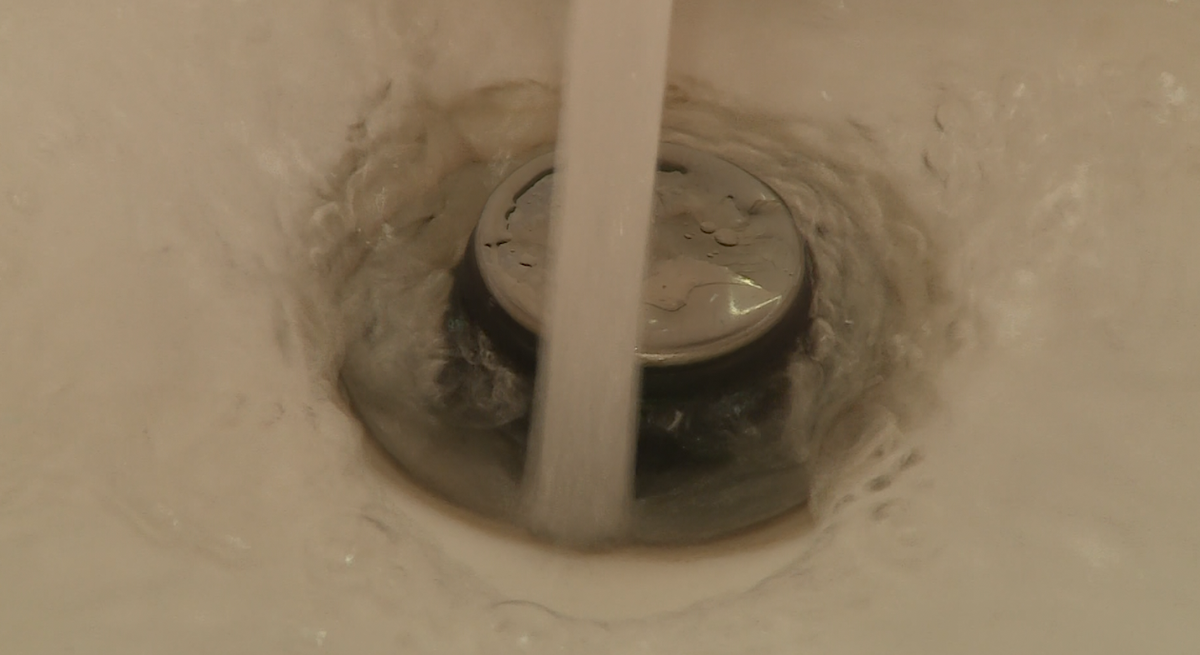Proposed study to address radium in water supply fails at Monument Board of Trustees meeting Monday
The absence of a Monument Board of Trustee member was a key factor in a vote Monday night to address rising levels of radium in west side residents' water supply.
The board expected to decide whether to pay a firm -- the amount reportedly $87,000 -- to study how to remove radium from local groundwater aquifers and remove the cancer risk to certain populations.

Because Trustee Jim Romanello was absent, the vote ended in a 3-3 tie, thereby killing the measure.
Town Manager Mike Foreman, Mayor Don Wilson and Public Works Director Tom Tharnish -- who had supported the measure -- were unavailable for comment Tuesday.

That group has been criticized by Trustee Laurie Clark, who says the group is ignoring other options that would be better.
"Instead of groundwater with rising radium levels, we can get renewable (surface) water and a delivery system to fix the problem permanently," she said. "Let's ask the people what they want."

Foreman earlier said that a filtration system to remove radium -- something the water provider on the east side of the town apparently has -- is a more effective and affordable option than building the infrastructure to connect to Colorado Springs Utilities or another surface water provider.
Clark also said she successfully convinced the board, for its next meeting in two weeks, to consider other firms to study the town's water situation, instead of approving the same firm the town has used since radium levels became a problem in fall 2016.
So what's next?
Tharnish earlier said drilling more wells in safer geological areas is a possibility.

According to town staff, the radium is coming from decaying granite in several aquifers which supply the town's water, and the levels tend to fluctuate -- making them harder to control.

Federal and state experts attending the two-hour meeting said the water remains safe to drink, and no action needs to be taken as long as the radium levels remain below the state limit.
However, in a meeting last week, Steve Sheffield, the town's assistant public works director, said the average annual level is 5.3 picocuries per liter, and the state limit is 5.5.
What may be most surprising about the situation is that many people who spoke with KRDO NewsChannel 13 Tuesday said they're unaware of it -- despite two public meetings last month.

"I'm definitely going to have to go and get a Brita (filter) after finding that out," said resident Jamie Brown. "It's a little scary. I do have autoimmune issues. So anything that could be causing me harm -- showering, drinking, etc. -- is a little fearful."
Another resident, John Gair, said he may begin taking the matter more seriously.
"Am I drinking the water? Not very much," he said. "But I do, and I'm kind of concerned about it. My dog drinks lots of water, and I notice my landlord has bottles water. I probably should look into that."
